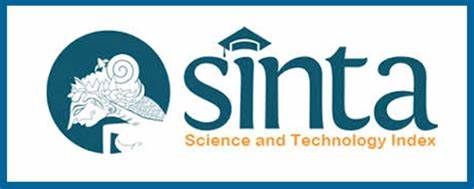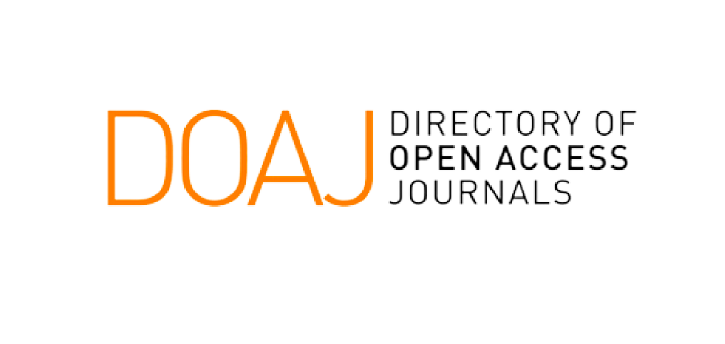MEMBUDAYAKAN NILAI-NILAI PANCASILA DAN UPAYA MENANGKAL TUMBUHNYA RADIKALISME DI INDONESIA
Abstract
Cultural diversity of the Indonesian nation had the potential to generate a variety of understanding and radical movements, whether in the name of religion, tribe, and class. It became a necessity that this social reality is a frequent cause of horizontal conflict in society, one of which was radical action inte name of religion. Radicalism didn’t only occur in the local-national currents, but that understanding is likely to be internalized by the global discourse on religious issues that have been happening. This study used a qualitative approach with the hope that this approach is able to answer the research question (research question). In addition, through this approach was very possible for researchers to arrange road map and goal setting of each stage performed.
Based on the findings of the data, it is necessary to make several approaches culturally, such as: (1) revitalizing Pancasila values and encouraging people to have good religious literacy; (2) on the policy aspect, the government need to have de-radicalization pograms so that the action of radicalism caused by SARA sentiments or other factors can be eliminated. The state had a very strategic and important role to make counter-narrative efforts on that actions can be planned systematically, massively, and measurably.
Keywords
Full Text:
PDFDOI: https://doi.org/10.21776/ub.waskita.2018.002.01.1
Refbacks
- There are currently no refbacks.
Copyright (c) 2019 Sudjito Sudjito, Hendro Muhaimin

This work is licensed under a Creative Commons Attribution 4.0 International License.









